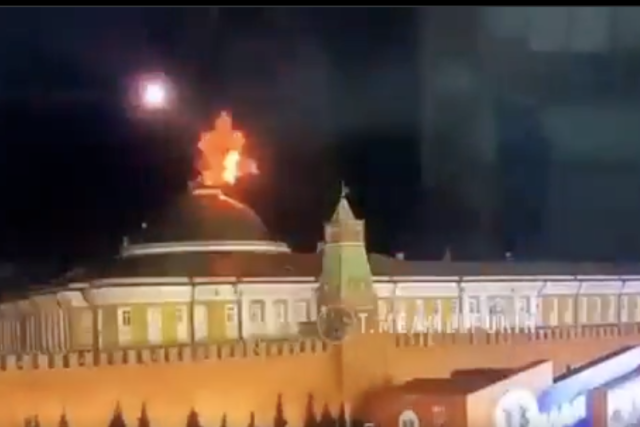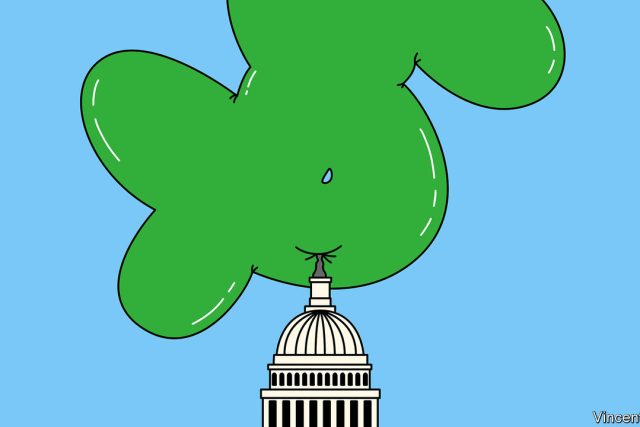Reporters Without Borders (RSF) released their 2023 Press Freedom Index and accompanying report Wednesday, noting that the rise of artificial intelligence, “fake content” and authoritarianism endanger journalistic integrity and expression around the world.As in past years, the organization says that most countries have “problematic,” “difficult” or “very serious” press freedom situations. RSF has also noted an increase in countries whose press freedom has deteriorated to the “very serious” level, increasing from 28 countries in 2022 to 31 in 2023. Of the 180 countries ranked by RSF, only eight fall into RSF’s “good situation” category.While the Index discusses traditional press freedom issues such as the imprisonment of journalists in countries like China and Myanmar, it also highlights 21st-century challenges by warning the world about how widespread “fake content” and artificial intelligence could undermine confidence in journalists. RSF says that “AI is digesting content and regurgitating it in the form of syntheses that flout the principles of rigor and reliability,” noting that AI has been used to generate fake photographs of former US President Donald Trump and Wikileaks founder Julian Assange.However, while RSF expresses its worries about disinformation, it remains critical of “fake news” laws. The organization noted that Uganda’s Press Freedom ranking went up as a result of the repeal of a “fake news” provision in its Computer Misuse Act. It also bemoans similar laws in Russia, which have been used to censor information about the War in Ukraine.Concerns with authoritarian propaganda permeate RSF’s Index, which gives special attention to Russian disinformation efforts. Alongside covering Russia’s efforts to purge foreign media amid its 2022 invasion of Ukraine, it also notes that Russia is increasing access to its state-affiliated RT outlet in Africa, saying “The defense and promotion of the pro-Russian narrative has contributed to an explosion of disinformation and the development of a propaganda ecosystem across the continent.” The UK and the EU have moved to limit RT’s influence due to partiality and alleged disinformation concerning the Ukraine invasion.While RSF noted press freedom improvements in Brazil and Malaysia due to changes in government, it raised alarm at the marked declines in India and Türkiye. Both countries have recently proposed laws prohibiting the dissemination of news the governments deem “fake.” Türkiye’s disinformation law was passed in October 2022 and a journalist was arrested under it in December. India’s government also caused controversy in February 2023 when it raided BBC India’s offices for “tax irregularities” amid the release of a BBC documentary critical of Prime Minister Narendra Modi in the UK. Bangladesh also continues to arrest journalists for publishing “false” information under its 2018 Digital Security Act.




The Most Read
Сryptocurrencies
Bitcoin and Altcoins Trading Near Make-or-Break Levels
Financial crimes
Thieves targeted crypto execs and threatened their families in wide-ranging scheme
Financial crimes
Visa Warning: Hackers Ramp Up Card Stealing Attacks At Gas Stations
News
Capitalism is having an identity crisis – but it is still the best system
Uncategorized
The 73-year-old Vietnamese refugee is responsible for bringing Sriracha to American consumers
Uncategorized
Electric Truckmaker Rivian, Backed By Amazon, Ford, Raises Whopping $1.3 Billion